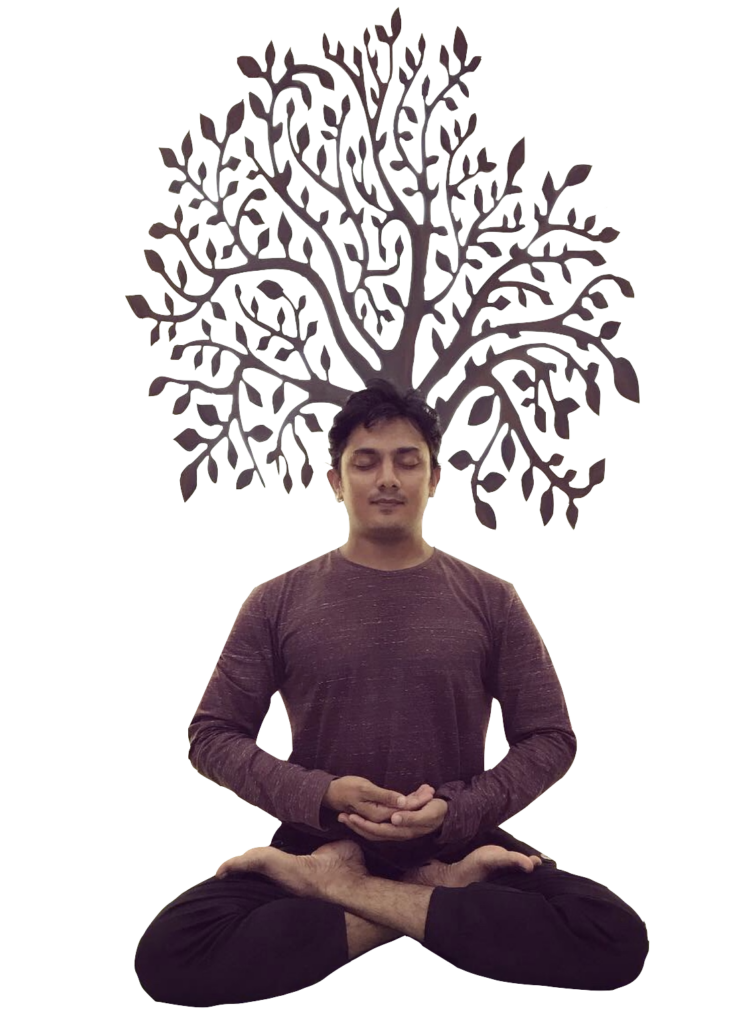Causes of Success according to Hatha Yoga
Causes of Success (Sadhaka Tattwa) on the Path of Yoga
According to Yogi Swatmarama “The real purpose of Hatha Yoga is to open the gate to Self-realisation”. In this sense we can define the goal of Hatha Yoga as ‘Self-realisation’ and success as the ability to unlock the gate which leads us there. In order to unlock something, though we need ‘keys’ and verse 16 of the Hatha Yoga Pradipika provides us with these.
उत्साहात्साहसाद्धैर्यात्तत्त्व-जञानाश्छ निश्छयात |
जन-सङ्ग-परित्यागात्ष्हड्भिर्योगः परसिद्ध्यति || १६ ||
utsāhātsāhasāddhairyāttattva-jñānāścha niśchayāt |
jana-sanggha-parityāghātṣhaḍbhiryoghaḥ prasiddhyati || 16 ||
The following six bring speedy success; courage, daring, perseverance, discriminative knowledge, faith, aloofness. from company
- Enthusiasm (Utsah): A positive attitude, constant inspiration and the idea of attaining perfection. Every day should seem like the first day of practice. This spontaneously generates perseverance.
- Courage (Sahas): Courage to face the inner visions and realisations as they dawn.
- Perseverance (Dhairya): No matter what happens one should practice regularly.
- Discriminative knowledge (Tattvajnana): Everything a person does in every aspect of his life should be conducive to his sadhana.
- Determination (Nischaya): Resolve to carry on the practice under all circumstances.
- Aloofness from company (Janasangha parityaga): “It is better to stay away from social interactions and negative influences, but do not consider others to be inferior.”

Causes of Failure according to Hatha Yoga
Causes of Failure (Badhaka Tattwa) on the Path of Yoga
Failure in Sadhana
अत्याहारः परयासश्छ परजल्पो नियमाग्रहः |
जन-सङ्गश्छ लौल्यं छ षहड्भिर्योगो विनश्यति || १५ ||
atyāhāraḥ prayāsaścha prajalpo niyamāghrahaḥ |
jana-sangghaścha laulyaṃ cha ṣhaḍbhiryogho vinaśyati || 15 ||
Yoga is destroyed by the following six causes: over-eating, exertion, talkativeness, adhering to rules, company of men, and unsteadiness.
- Atyâhâra (Over-eating):having more food than the appetite is called atyâhâra. A Yogi should avoid this habit.
- Prayâsa (over-exertion):exceeding certain limits in labour, whether it is physical or mental or oral. This should be avoided by a Yoga practitioner.
- Prajalpa (talkativeness): excessive talkativeness is called ‘prajalpa’ or ‘bahubhâshana’ and should be avoided.
- Niyamagraha (adhering to rules): one should not fasten oneself to certain rules and regulations. If the condition is not fulfilled, then the practice of yoga can be hindered, so this can be an impediment in the path of Yoga.
- Janasângha (company): can disturb a Yogi, because people’s company can arouse feelings in a practitioner and disturb his practice. Hence, a Yogi should minimise/avoid the company of common people.
- Laulya (fickle-mindedness): inconsistency in any or all of the senses is a cause for disturbance of a Yogi. That instability interrupts the intellect and the steadiness of a practitioner.


